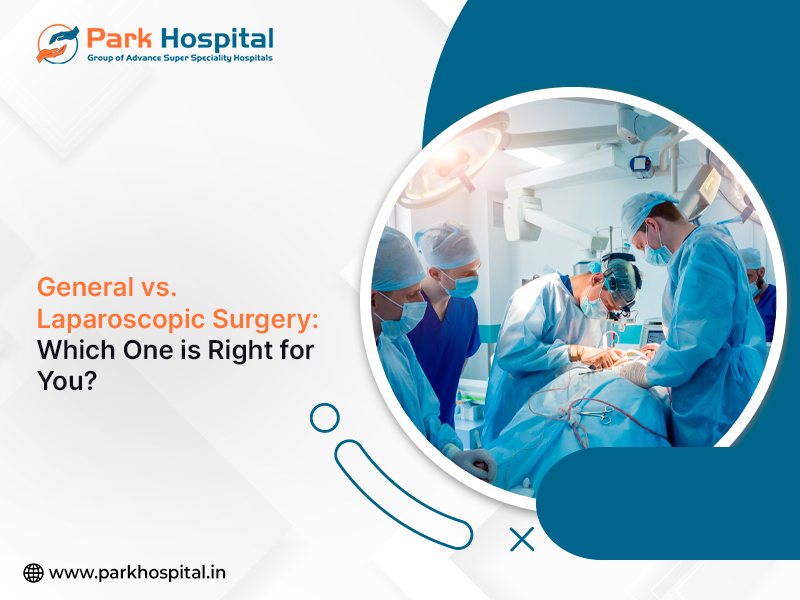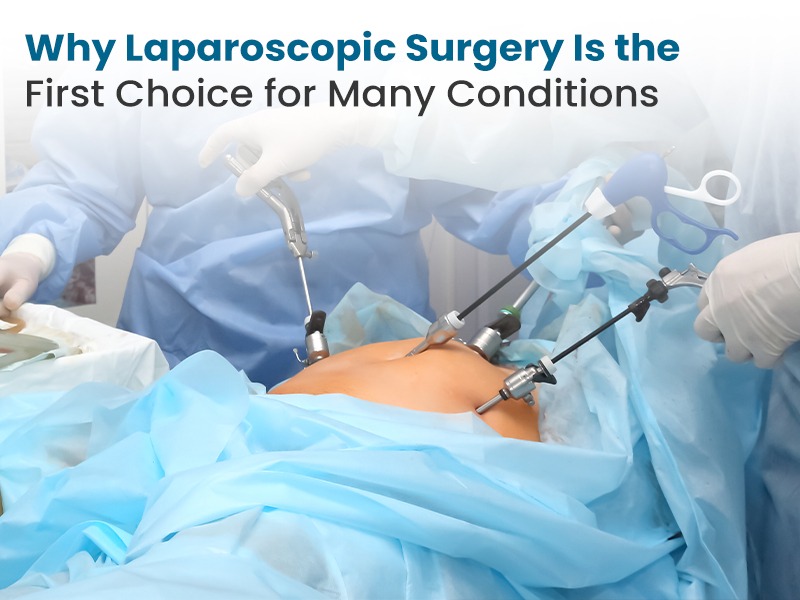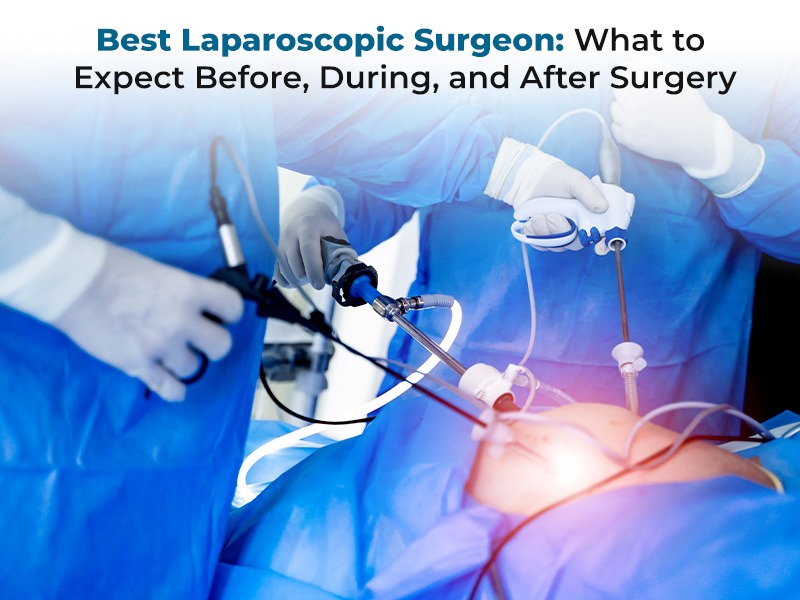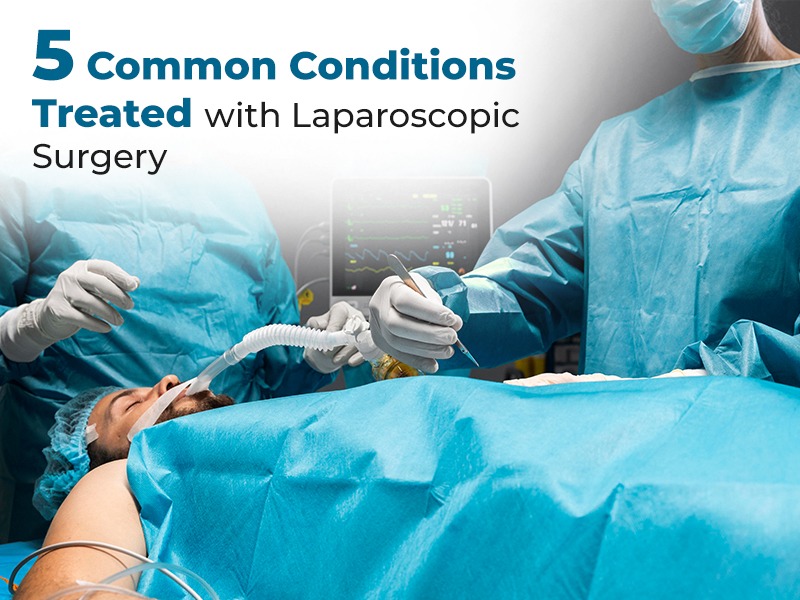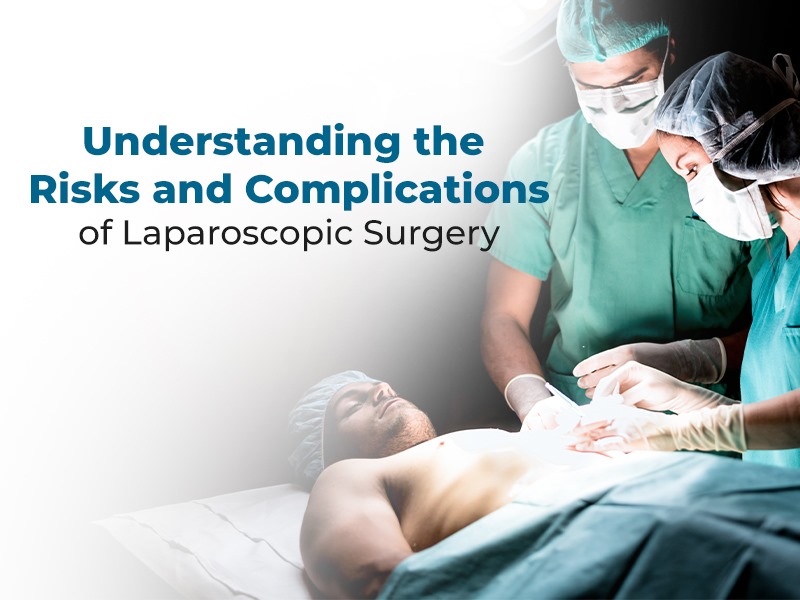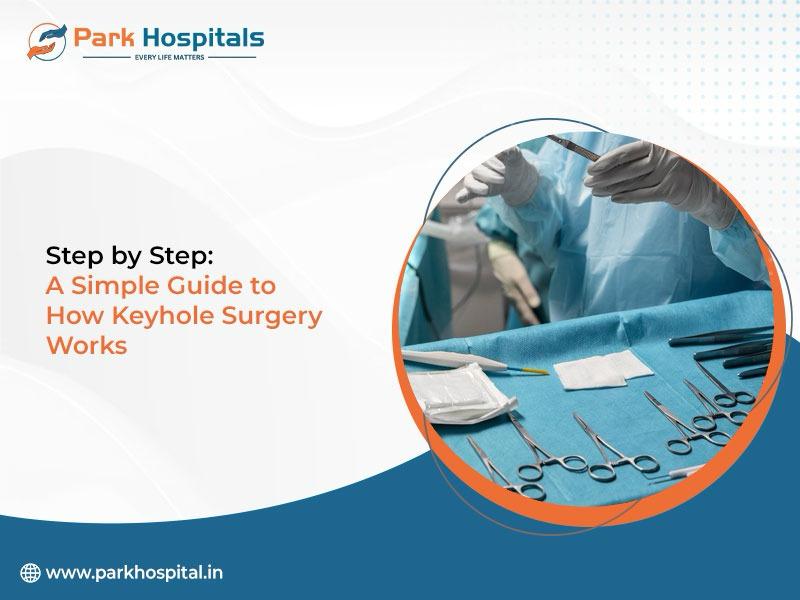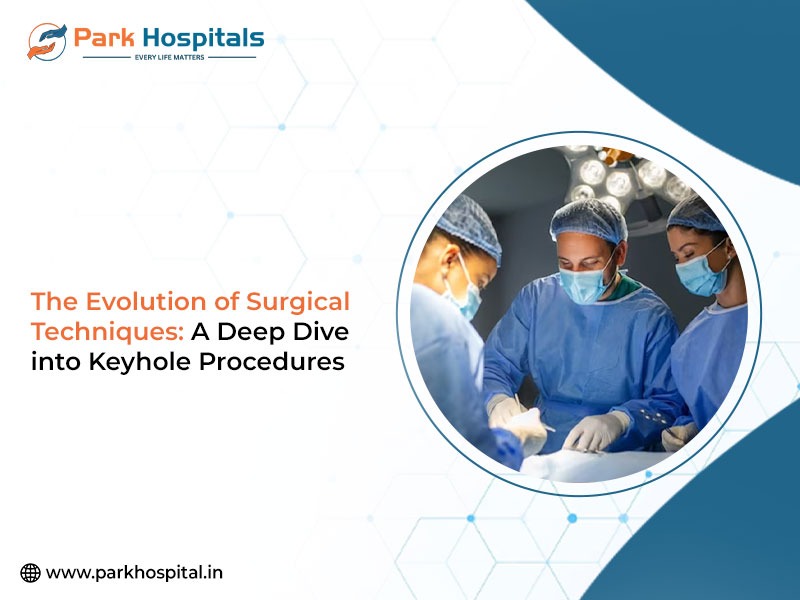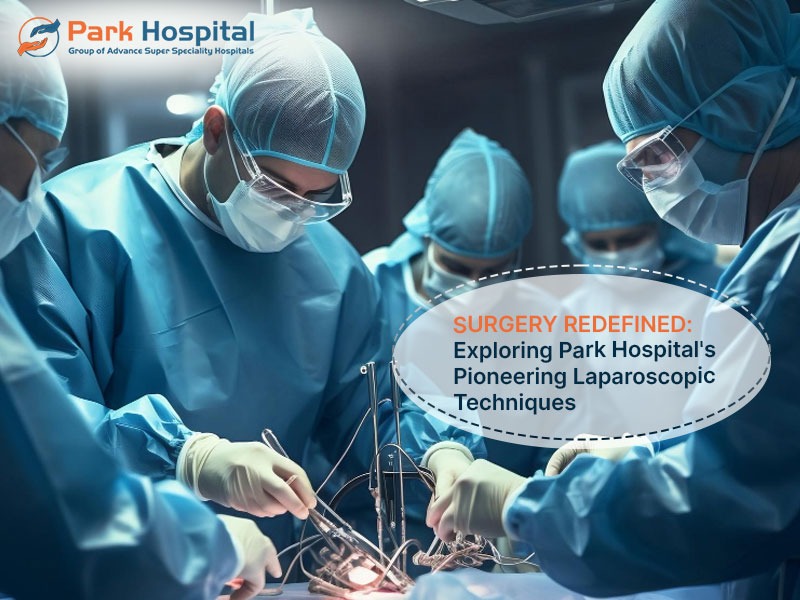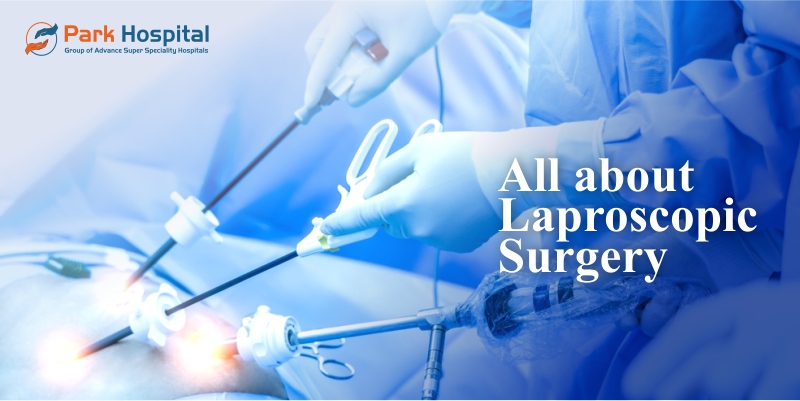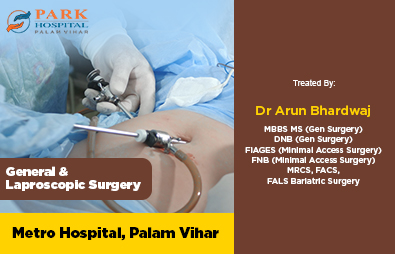test<
General vs. Laparoscopic Surgery: Which One is Right for You?
The advent of laparoscopic surgery is vastly beneficial to hundreds of patients who do not wish to undergo a vast degree of pain or damage to their muscles. While general/ traditional surgeries are more prolonged and more painful. The use of laparoscopy provides a medium for doctors and surgeons to be more efficient and effective in their practices while simultaneously causing minor damage to the patient. This blog will look at which surgery provides better care, recovery, and efficient treatment.
Traditional surgery
Traditional or open surgery is often beneficial for treating body parts requiring a wide range of treatments and complex surgeries. Conventional surgery is conducted mainly with a single major incision that directly targets and treats the abdominal region. Because the incisions are not small, there is an inherent need for anesthesia used to numb the body and alleviate any excessive pain.
Benefits Of Traditional Surgery:
- Versatility: Traditional or open surgery usually suits various procedures, including complex surgeries aimed at multiple body parts.
- Visualization: Enhanced visualization of anatomical structures enables doctors and surgeons to see things more clearly.
- Specified treatments: Muscle repairs are complex and challenging and cannot be done with laparoscopic surgery and surgeons.
- Less costly: Because open surgeries do not require excessive equipment and can be done by the correct surgeon or doctors, they are usually more affordable for various patients.
Disadvantages of Traditional surgery:
- Recovery Time: most traditional surgeries require longer recovery due to larger incisions.
- Pain: More post-surgery pain in comparison to laparoscopic surgery, which is conducted with the help of advanced anesthesia and technologies.
- Hospital Stay: A more extended hospital stay may be required due to more painful incisions.
Laparoscopic surgery:
Laparoscopic surgery refers to using a laparoscope (minor, tiny tube) inserted with a camera. A laparoscopy is inserted into the body with minor incisions that cause little to no tissue damage. The laparoscope lets the doctor/surgeon look inside the body and gain a more detailed view of the internal muscles, tissues, and bones.
WHEN IS A LAPAROSCOPIC SURGERY USED:
As a medical intervention, laparoscopic surgery can be taught in various medical problems such as:
- Diagnose or remove ovarian cysts and tumors
- Treat ectopic pregnancy
- Collect a tissue sample (Biopsy)
- Removal of the gallbladder or parts of the intestine
- Inspect painful or heavy periods
- Removal of Fallopian tubes or ovaries
- Diagnose or treat endometriosis
- Assess female infertility problems
Benefits of Laparoscopic Surgery:
- Minimally Invasive: Smaller incisions lead to less tissue trauma or tissue damage and often more efficient treatment.
- Faster Recovery: Generally, laparoscopic surgeries have shorter recovery times than open or traditional surgery.
- Reduced Pain: Patients who undergo laparoscopic surgery often experience or undergo less postoperative pain due to higher dosage of anesthesia and sophisticated medical techniques.
Disadvantages Of Laparoscopic Surgery:
Technical Expertise: Requires specialized training and expertise by the surgical team or a skilled laparoscopic surgeon who is well-versed in providing various treatments.
Equipment: Laparoscopic equipment can be more expensive. Medical facilities like Park Group of Hospitals work extensively to provide the most efficient medical technologies.
Suitability: A Laparoscope is unsuitable for all procedures, incredibly complex or emergency cases.
Choosing the correct or desired form of surgery is critical but also an individual choice. Various underlying benefits of selecting a laparoscopic surgery come with newer techniques and minor damages. However, certain cases make a traditional open surgery essential despite the higher amount of damage it inflicts.
Laparoscopic Surgery At India's Best Medical Facility:
Since 1982, Park Group of Hospital has been critical in guiding various changes in the medical world. This includes the enhanced emphasis on technological expertise that only a few hospitals have showcased. At Park Hospital, some of the nation's best and brightest laparoscopic surgeons work to treat gallstones, gastric bypass, appendix, and digestive problems.
Treating multiple patients in 12 different Indian cities, Park Hospital is the perfect example of combining ingenuity and medical application to provide everyone with a higher echelon of treatment. For the best laparoscopic surgeries, choose Park Hospitals.
/p>
